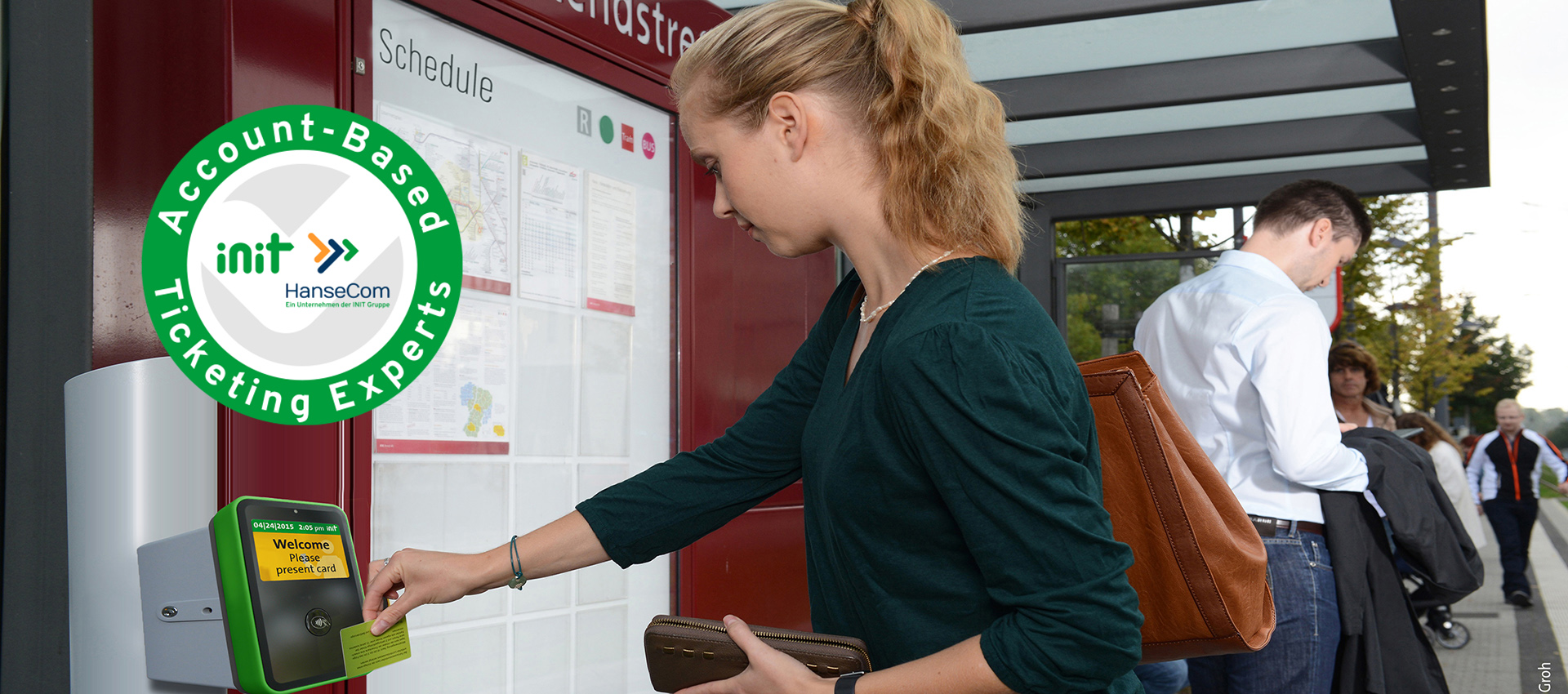Fare media
In Account-based ticketing (ABT), fare media refers to the various tools or identifiers passengers use to access their travel accounts and authorize their journeys. Common fare media in ABT include:
Contactless Bank Cards: Passengers can use contactless debit or credit cards (EMV cards) to tap in and out of transport services, with fares charged directly to their linked account.
Mobile Apps: Smartphone apps can be used as fare media, allowing passengers to scan QR codes or use NFC technology to authenticate their trips.
Smart Cards: Reusable smart cards linked to a passenger’s account can be tapped on validators (like INIT's PROXmobile or TICKETvalidator) to authorize travel.
Wearable Devices: Devices like smartwatches with NFC capabilities can also serve as fare media, allowing passengers to tap in and out with their wearable tech.
QR Codes or Barcodes: Digital or printed QR codes and barcodes linked to a passenger’s account can be scanned at entry points to validate travel.
These fare media provide flexible and convenient ways for passengers to access and manage their travel accounts in an ABT system.



